
How do you say ‘Thank You’ in Japanese? — Meaning of ‘Arigatouありがとう’ and Pronunciation
Google's service, offered free of charge, instantly translates words, phrases, and web pages between English and over 100 other languages.
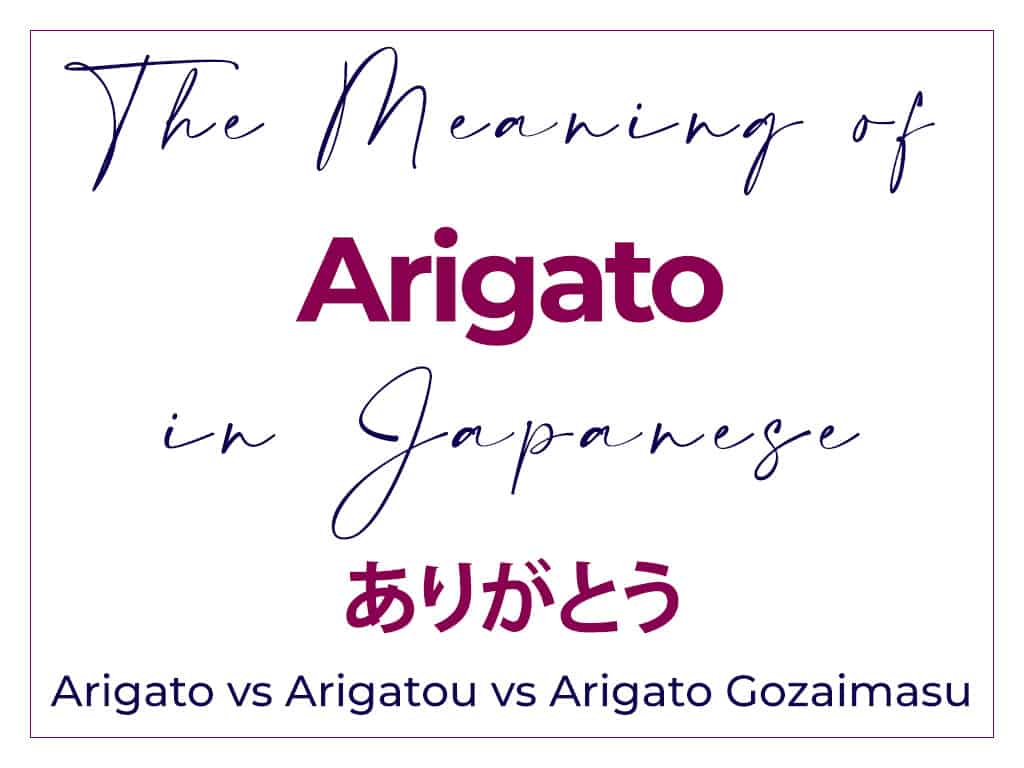
The Meaning of “Arigato” in Japanese (vs Arigato Gozaimasu) AlexRockinJapanese
Now then, the word "Arigatou" in kanji is "有り難い.". The word was originally used in Buddhism, where "有る = existing; being" was considered "難しい = difficult," and thus pointed to "something that rarely exists" or "something rare and precious.". In other words, "having someone do something for you, is a.

Thank You In Japanese Arigato Gozaimashita
This means "really" and it's often used to express sincere thanks with ありがとう ( arigatou ), like 本当にありがとうございます ( hontou ni arigatou gozaimasu ). "Really, thank you so much!". You can use 誠に ( makoto ni, "sincerely") in the same way, too, although this makes it more formal.

Traducción de caligrafía japonesa "arigatou" [gracias]. vector de stock (libre de regalías
3 thoughts on " The real origin of "arigatou" (ありがとう), Japanese for "Thank you". Megan October 19, 2018. My Japanese teacher told us an old "Japanese folk story" of where arigatai- transformed to arigato. She said there was a blind sea turtle floating along in the ocean for years and years just going where ever the current would take it.

How to properly say Arigato/Arigatou “Thank You” in Japanese
Most often written in hiragana. May occasionally be seen spelled in kanji as 有り難う or 有難う, generally for more formal writing. The full form is ありがとうございます (arigatō gozaimasu). May also or alternatively be preceded by intensifier どうも (dōmo, "very"), 大変 (taihen, "very") or 本当に (hontō ni.

Arigatou (feat. Google Translate) YouTube
Definition and meaning of "arigatou". The definition and meaning of "arigatou" are the same as those of the colloquial version. Therefore, arigatou - ありがとう : a phrase meaning 'thank you' in Japanese. This phrase can work in more or less the same way as the shortened version does. Like other longer phrases, however.
Yandex Japanese Translation Free online english to japanese online translation service
According to Japanese Pod 101, the phrase arigato is the polite form of thank you in Japanese. This word is often used in the formal phrase "domo arigato," the Japanese equivalent to "thank you so much," but can also be used on its own as a casual thanks. People also use the word domo on its own as an even more casual form of thanks.

You may already know the expression ありがとう Arigatou or its full form ありがとうございます Arigatou
The Basic 'Thank You' in Japanese: Arigatou. 'Arigatou' (ありがとう) is the most basic and widely recognized way to say 'thank you' in Japanese. This phrase is your go-to expression of gratitude suitable for a vast array of situations. It is versatile and can be used in both formal and informal contexts, showing appreciation for a favor, a.
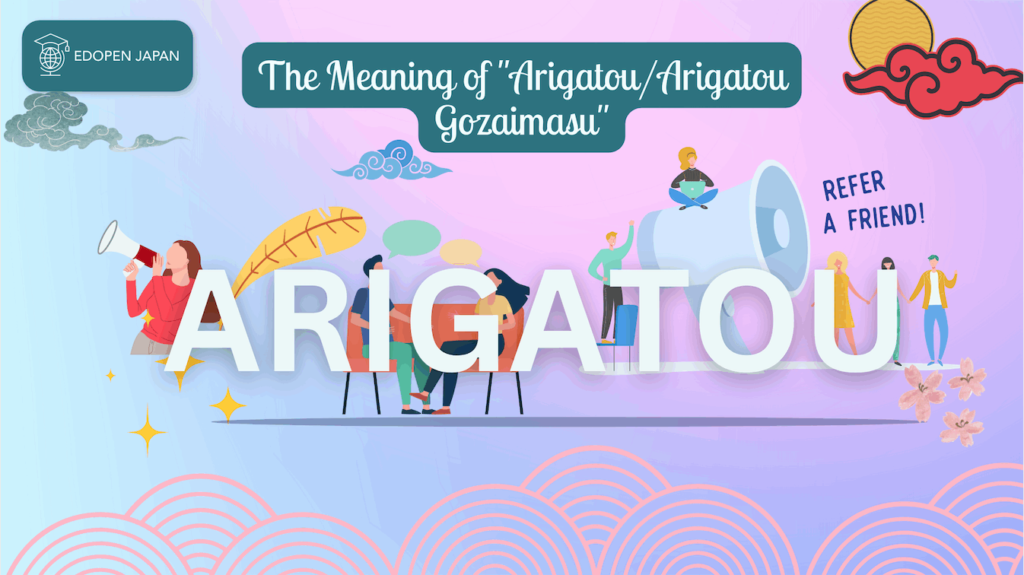
15 Great Ways to Say Thank You in Japanese & All Important Things You Need to Know EDOPEN Japan
Updated on September 12, 2017. If you are in Japan, you will probably hear the word arigatou (ありがとう) used on a regular basis. It is an informal way of saying "thank you." But it can also be used in conjunction with other words to say "thank you" in Japanese in more formal settings, such as an office or a shop or anywhere where manners.

754 Japanese calligraphy thank you Images, Stock Photos & Vectors Shutterstock
大 おお きに。. Ookini. Thank you. "Ookini" is an expression only used in the Kansai area, especially in Osaka. Japan also has many dialects. The best known of these is the Kansai-ben. In the past, Ookini was an adverb that was used with Arigato. Thus, "Ookini arigatou" had the same meaning as "Domo arigatou". Over time.
How do you say "arigatou gozaimasu okaasan for the goodies you gave us! hiragana and romanji
What does ありがとう (Arigatō) mean in Japanese? ありがとう. English Translation. thank you. More meanings for ありがとう (Arigatō) fine thank you. ありがとう.
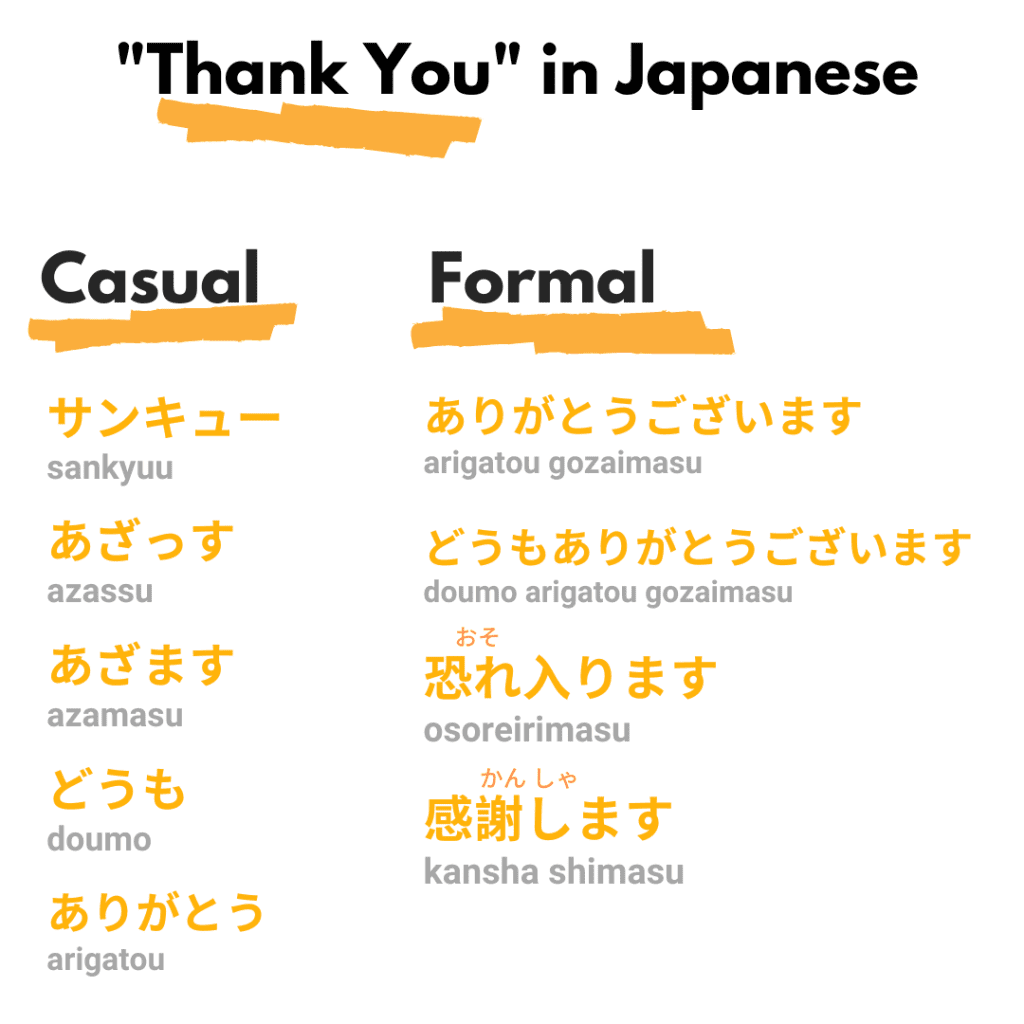
How to Say Thank You (ありがとう) in Japanese (2023)
Meaning: Thank you very much. 「どうもありがとうございます」 (Doumo Arigatou gozaimasu) is a more formal and polite way to thank you. It is called Arrigatou Gozaimasu (Arigatou Gozaimasu) because it shows respect for the listener. "Thank you very much" has a sentimental meaning that is similar to "thank you very much.".

How to use Arigatou in Japan. The difference between Arigatou and Sumimasen YouTube
4 Ways to Say Thank You in Japanese. The word " arigatou " can be used in different ways depending on the formality of the situation. Starting from the most casual form: Doumo (どうも) Arigatou (ありがとう) Arigatou gozaimasu (ありがとうございます) Doumo arigatou gozaimasu (どうもありがとうございます) The term.

Different ways to say "arigatou" 5 minutes Japanese conversation YouTube
Of course you do, it's a classic! The part that got stuck in everyone's heads for decades was the memorable line, " Domo arigato /arigatou, Mr. Roboto.". And, just in case the listener doesn't understand Japanese, they clarify the meaning afterward: "Thank you very much, Mr. Roboto.".
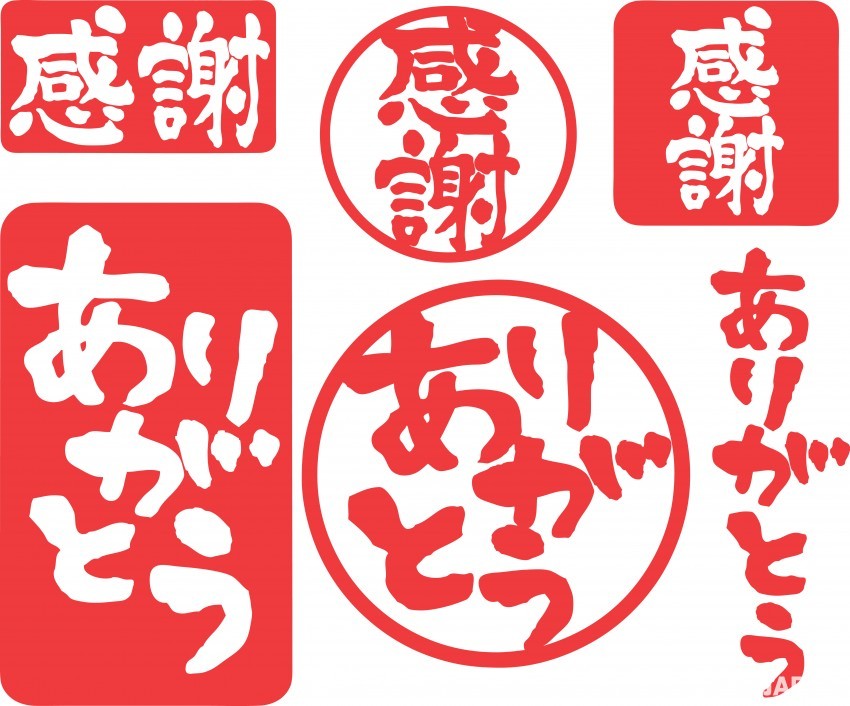
Arigatou là gì? Ý nghĩa và cách dùng từ vựng “Arigatou” trong tiếng Nhật
Say arigatou gozaoimasu or domo arigatou gozaimasu in formal situations, such as at work or school, and when talking to people you don't know. Use arigatou or domo to say thanks casually to close friends and family members. Say otsukare sama desu to your colleagues at work to thank them for their hard work.

How To Pronounce Arigatou Gozaimasu YouTube
Nimotsu o motte kurete arigatou gozaimasu. Thank you for carrying my luggage. However, if that person has carried the luggage yesterday, you'd opt for arigatou gozaimashita instead. 昨日, 荷物を持ってくれてありがとうございました。 Kinou, nimotsu o motte kurete arigatou gozaimashita. Thank you for carrying my luggage.